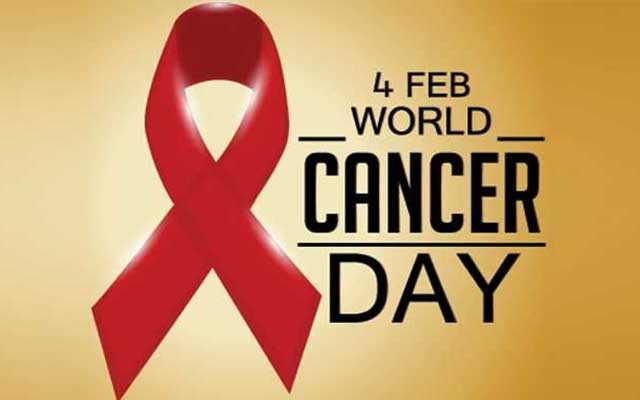4th February is commemorated as World Cancer Day every year. The goal of it is to unite the entire world in the fight against cancer, which is claiming a lot of lives every year. By raising awareness and education about cancer and urging governments and individuals all over the world to take action against the disease, World Cancer Day aims to save millions of deaths that can be prevented. The Union for International Cancer Control (UICC) founded World Cancer Day to support the goals of the World Cancer Declaration that was written in 2008.
Some Cancer Facts
If you are interested, you can know some details about the following cancer facts from any oncologist in Kolkata:
- Every year cancer takes about 9.6 million lives.
- Among the common cancers, at least one third is preventable.
- In the whole world, the second leading cause of death is cancer.
- In countries with low to middle income, 70% of cancer deaths occur.
- If resource appropriate strategies for prevention, early detection and treatment are implemented, about 3.7 million lives could be saved each year.
- It is estimated that the total annual economic cost of cancer is almost US$1.16 trillion.
Information About Cancer
When there is an uncontrolled, abnormal growth forming a lump called tumour due to changes in a group of normal cells within the body, cancer occurs. However, leukaemia (cancer of the blood) is an exception. As a cancer specialist will tell you, there are three groups in which these tumours can be divided. They are:
-
Benign tumours:
These are rarely life-threatening as they are not cancerous. The growth of them is quite slow and they remain in the same area. The cells with which these are made have quite a similarity with normal or healthy cells. If they grow large in size, only then they will cause a problem.
-
Malignant tumours:
In comparison to benign tumours, they grow faster and can destroy neighbouring tissue by spreading to other parts of the body. Metastasis is the process by which cells of malignant tumours break off from a primary or the main tumour and spread to other body parts.
-
Premalignant (or precancerous) tumours:
Abnormal cells which may develop into cancer make up these tumours.
Carcinoma, sarcoma, lymphoma and myeloma, leukemia and brain and spinal cord cancers are the different types of cancer. Exposure to a number of different risk factors results in most cancers. Some risk factors are alcohol, overweight, food habits, tobacco, ionizing radiation, workplace hazards, and infection. There are different signs and symptoms of cancer. These include unusual lumps or swelling, coughing, breathlessness or difficulty in swallowing, changes in bowel habit, unexplained bleeding, unexplained weight loss, and others. The cancer treatment options are based on the stages of cancer. The options are surgery, radiotherapy, chemotherapy, immunotherapy, hormone therapy and gene therapy.

